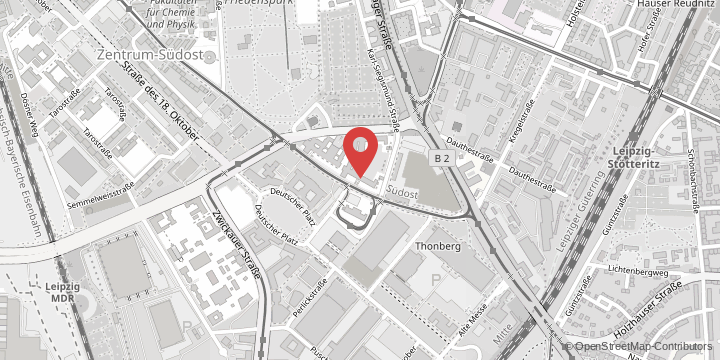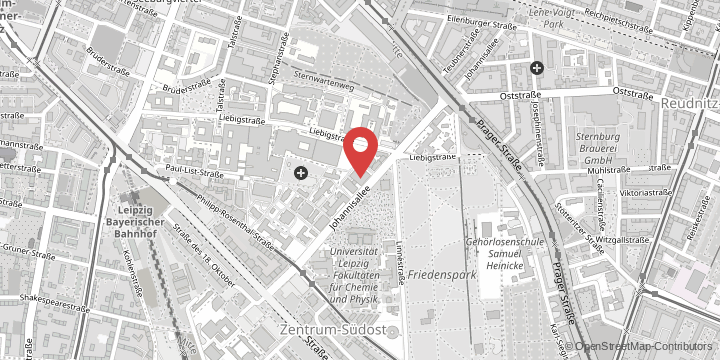“This funding renewal is a great success for our HCAS and all the researchers involved in it,” said religious scholar Professor Christoph Kleine. “The first three years of our research have convincingly confirmed that the way in which the boundaries between religious and non-religious spheres of society were drawn in pre-modern and non-Western societies had a considerable influence on the appropriation of hegemonic Western concepts of order.” “And secularity is one of these principles of order according to which modern nation states are organised,” added religious and cultural sociologist Professor Monika Wohlrab-Sahr, who heads the research team alongside Christoph Kleine.
Building on the findings of the first funding phase (2016–2020), Kleine and Wohlrab-Sahr intend to shed even more light on the culturally specific path dependencies, but also on the similarities and consequences of these conflictual processes of negotiation. For this reason, the project will extend its geographical focus from the regions of Asia and the Islamic world to the Americas, sub-Saharan Africa, and Eastern and Western Europe. “All of the societies we have studied so far have developed their own specific arrangements for distinguishing between religious and non-religious claims to validity,” said Monika Wohlrab-Sahr, “but almost always also in dialogue with ideas and concepts from other cultures.” “Ultimately, this is why we want to develop an understanding of these forms that have evolved over time and show how these different ‘secularities’ influence each other and continue to evolve under the global condition, and what social and political dynamics they generate,” said Christoph Kleine.
The Multiple Secularities HCAS thus also helps to further hone Leipzig University’s overall research profile, explained Professor Erich Schröger, Vice-Rector for Research and Young Academics: “Research on religion has a solid base at Leipzig and is highly successful. With the HCAS, it makes a profound contribution to our strategic research field ‘Changed Order in a Globalised World’.” Over the last three years, he added, Multiple Secularities has been a driving force for religious-related research at the University, initiated new research projects, and attracted over 1.7 million euros in additional external funding – making it an important foundation stone for the continuation of religious and secular research at Leipzig University.
Signalling its clear commitment to this research, next year the University will establish a Heisenberg professorship, dedicated to researching modern Turkey, for Dr Markus Dreßler, who is an expert in the religious and cultural history of the late Ottoman Empire and early Turkey. This professorship is intended to act as a link between disciplines working historically, philologically, regionally and systematically on ‘religion’.
The Humanities Centre for Advanced Studies “Multiple Secularities – Beyond the West, Beyond Modernities” brings together scholars from the fields of religious studies, sociology, Arabic studies, anthropology, history, Chinese studies, Japanology, theology, political science and law. At the heart of the project is a fellowship programme that enables visiting scholars from Germany and abroad to spend several months researching at Leipzig University. Since its launch in 2016, more than 50 fellows have been part of this Humanities Centre for Advanced Studies.

































































